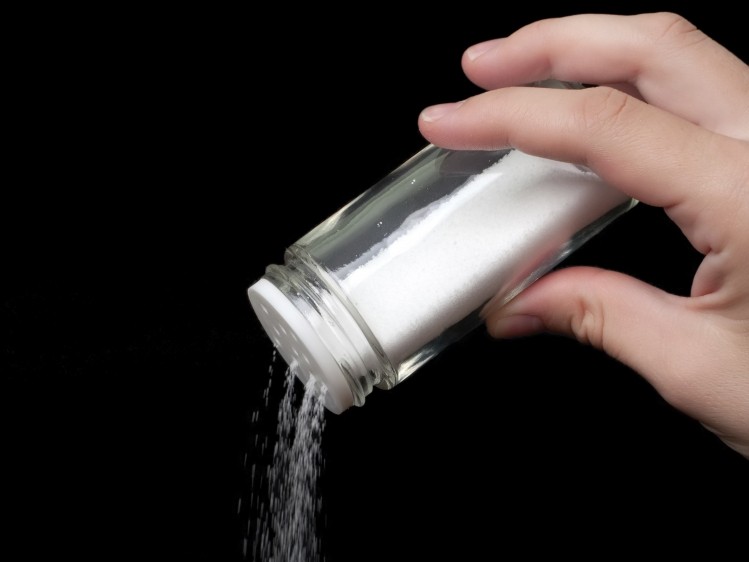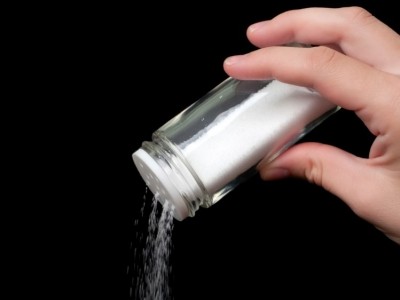Food industry to be consulted on salt reduction targets

Public Health England (PHE) announced today (6 February) that the next stage of engagement was set to begin with the food industry and health charities on new voluntary salt targets. It plans to publish the targets later this year.
The engagement would involve discussions on the technical aspects of further reducing the salt added to everyday foods, PHE said.
The Government recommends that adults eat no more than 6g salt per day. However, PHE’s most recent survey, in 2014, found that adults in England were consuming on average 8g – with some as much as over 20g a day. New figures on the nation’s salt consumption are expected later this year.
Industry has been faced with four voluntary salt reduction targets in the last 13 years, resulting in an 11% salt consumption reduction between 2006 and 2014.
However, just over half (52%) of all average salt reduction targets set for retailers and manufacturers in 2014 had been met three years later, with retailers (73%) making more progress than manufacturers (37%).
Government commitment to reduce salt
Published in July 2019, the Government’s Green Paper, Advancing Our Health: Prevention in the 2020s, made a commitment to reduce salt in foods as part of a wider programme of work to lower salt consumption.
It sets out an ambition to reduce salt consumption across the population by a further 1g to 7g per day.
Studies have shown such a move would significantly impact on CVD, help reduce pressure on the NHS and, ultimately, save lives.
PHE said this could only be achieved by a combination of reformulation action by the food industry and by consumers making healthier choices by checking labels and choosing lower salt products, as well as adding less salt to their food at the table.
Eating too much salt is widely accepted as a leading cause of raised blood pressure, leading to thousands of heart attacks, strokes and early deaths.
A quarter of all deaths
In its Long Term Plan, published in January 2019, the NHS found that CVD was largely preventable and the single biggest area where it could save lives over the next decade. CVD causes a quarter of all deaths in the UK and is the largest cause of premature mortality in deprived areas.
The plan concluded that reducing population salt consumption by 1g per day could prevent 1,500 premature deaths each year and save the NHS more than £140m annually.
As most of the salt we consume is already in the food we buy, it’s important that industry continues its work to reduce salt in the foods it produces, said Dr Alison Tedstone, chief nutritionist at PHE.
“The UK food industry has led the world in gradually reducing salt in foods resulting in huge amounts being taken out of the nation’s diet, with people barely noticing any difference in the taste to their food,” Tedstone said.
“Good progress has been made but many of us are still eating too much salt including from everyday foods.
“The health risks can be devastating as too much salt can increase our risk of high blood pressure, leading to heart disease and stroke.”
PHE consultation
In this fifth wave of work since 2006, PHE will seek views on what further reductions in salt levels may be possible and plan to publish the new targets later this year.
It identified the foods contributing the most salt to people’s diets as:
- Bread and breakfast cereals
- Bacon, ham and sausages
- Ready meals, pizzas and soups
- Hard cheeses and salted butter
- Baked beans
- Sweet biscuits
- Potato crisps
- Sauces and stocks
















